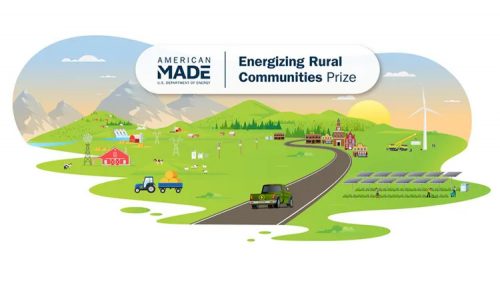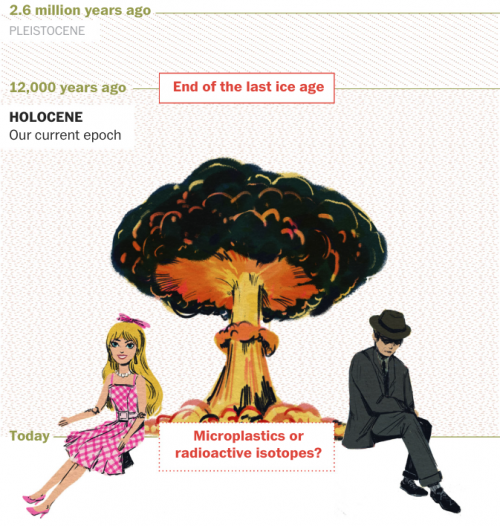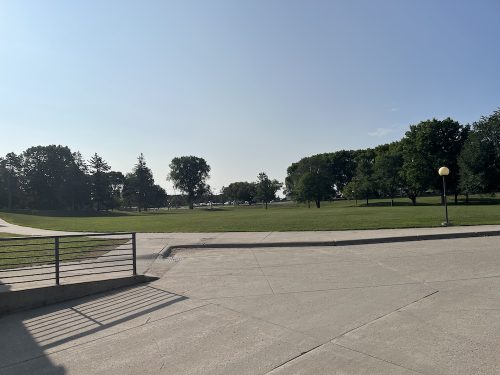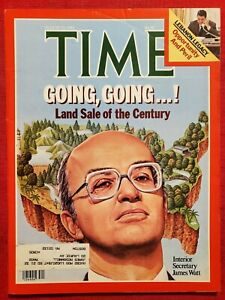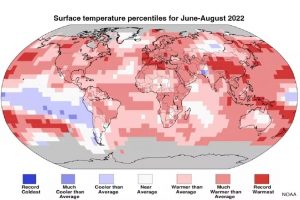Tomorrow, we go on a field trip to the UMM EcoStation.
Today, I suffer with an Achilles tendon flare-up — I have nasty bone spurs on my heels that sometimes stab my tendon, triggering inflammation, and I’m reduced to hobbling about. I’m still going! I may end up just sitting under a tree and looking at ground spiders, while the students range about. It’ll still be good.
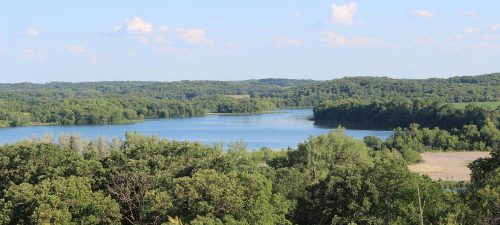
Right now, it’s ibuprofen and ice.


